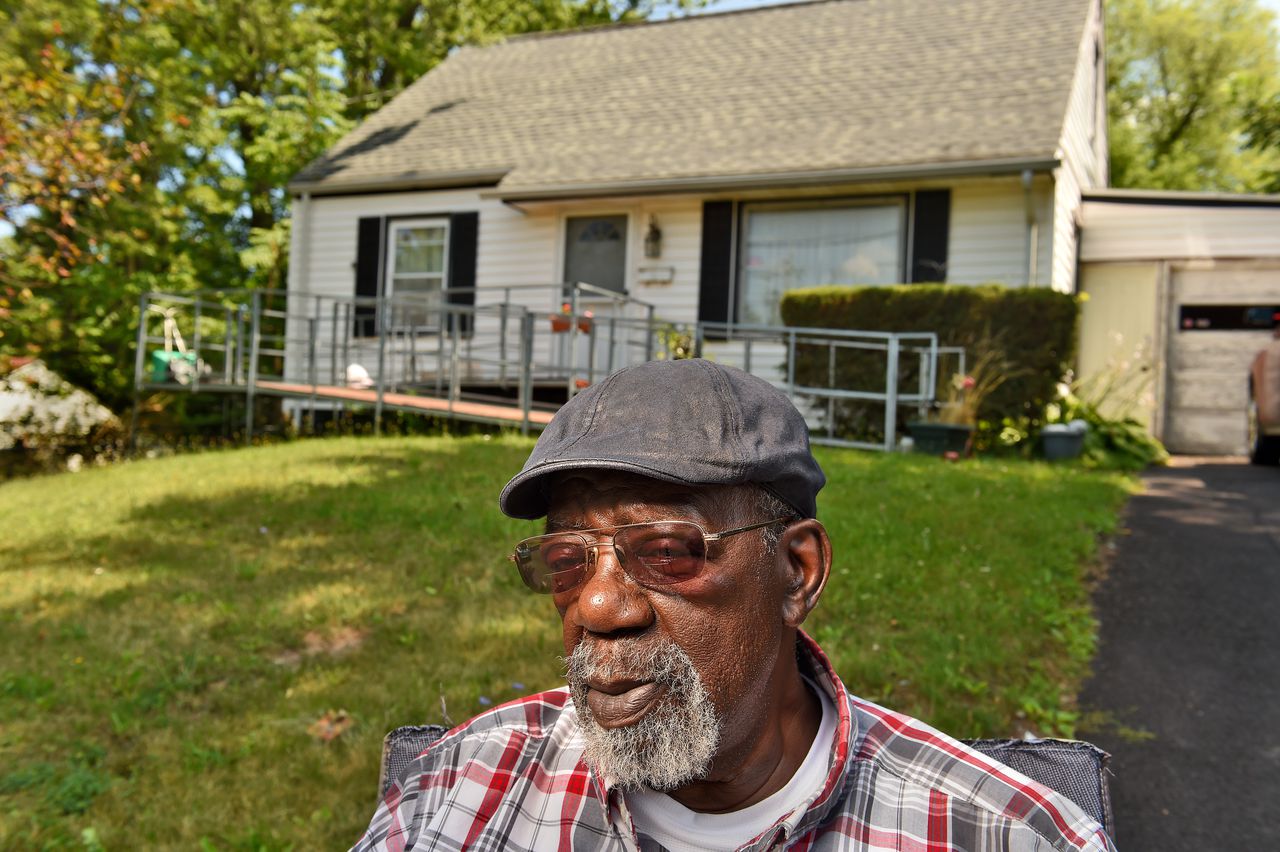
City officials revised the assessments on more than 3,000 Syracuse properties this month — likely more than in any year since 1996 — in an effort to make sure owners pay their fair share of taxes.
For 2020, the city changed roughly twice as many assessments as it normally does, said David Clifford, assessment commissioner. Most of the new assessments are higher than before, which means those owners will pay more taxes unless the rates come down. But other homeowners got reductions.
The surge of increases could result in a bigger-than-normal wave of grievances beginning Friday, when the city enters a two-week period for property owners to formally challenge their assessments.
Since assessors sometimes don’t revise assessments on a given street for a decade or more, the increases can be large when they finally come.
Consider Austin Avenue, a street in the Winkworth neighborhood where Mayor Ben Walsh lives. Twenty-seven of the 32 houses there received assessment increases. Some rose more than 25 percent. Several homeowners on the street face tax increases of $700 a year or more at the current tax rate.
Austin Avenue was one of the streets highlighted by Syracuse.com in an article last Septemberabout the city’s uneven assessments and the unfair tax burdens they create. City officials said at the time that the street was due for a revaluation.
Walsh, whose house already had the highest assessment on Austin, was one of the five homeowners whose assessment did not change this year. Appraisers found no evidence that Walsh’s house was under-valued, Clifford said.
On several East Side streets near Syracuse University — including Westminster, Euclid and Ackerman avenues — some homeowners are seeing increases that will cost $1,000 or more in annual taxes. A Madison Street rental property featured in the September news story was increased by $18,000, equivalent to roughly $700 a year in taxes.
Not all of the new assessments are increases. In some neighborhoods where housing prices have stagnated or declined, assessments can be too high and must be reduced to keep owners from being over-taxed.
On Croly Street, in a poor neighborhood on the East Side, more assessments went down than went up this year. Long-time resident Willie Jones, 75, whose house was featured in the Syracuse.com article, had his assessment lowered by $12,400, or nearly 24 percent. That will cut his tax bill by nearly $500 a year.
Assessment increases will not raise more taxes for the city. Instead, the homeowners who get increases will pay a bigger share, and those who get decreases will pay less. The total pie remains the same size unless the city increases the tax levy during budget season.
Syracuse officials have not conducted a citywide revaluation since 1996. Since then, some neighborhoods have soared in value while others have stagnated or declined, causing assessments to get out of whack. The city’s four appraisers visit as many streets as they can each year to make adjustments, but they can’t keep up with all the changes in the market, Clifford said.
On Walsh’s orders, the assessment office has increased the number of market-based reappraisals it does, Clifford said. This year likely saw the greatest number of assessment changes since the 1996 revaluation of all properties, Clifford said, although he has not done a thorough review of historical records.
Assessment increases will not raise more taxes for the city. Instead, the homeowners who get increases will pay a bigger share, and those who get decreases will pay less. The total pie remains the same size unless the city increases the tax levy during budget season.
Syracuse officials have not conducted a citywide revaluation since 1996. Since then, some neighborhoods have soared in value while others have stagnated or declined, causing assessments to get out of whack. The city’s four appraisers visit as many streets as they can each year to make adjustments, but they can’t keep up with all the changes in the market, Clifford said.
On Walsh’s orders, the assessment office has increased the number of market-based reappraisals it does, Clifford said. This year likely saw the greatest number of assessment changes since the 1996 revaluation of all properties, Clifford said, although he has not done a thorough review of historical records.
For more information: Tips on challenging your assessment can be had from the state tax department and an advocacy group called Tax My Property Fairly. The Syracuse assessment department can be reached at 315-448-8280.
If you miss it: The city holds a formal grievance period just once a year, prior to issuance of the final assessment roll by March 31. However, the assessment department will review complaints or concerns about the accuracy of assessments anytime during the year.
Published by Syracuse.com





